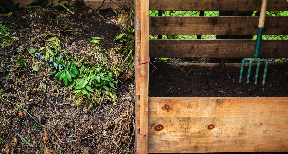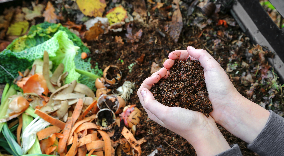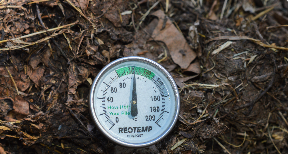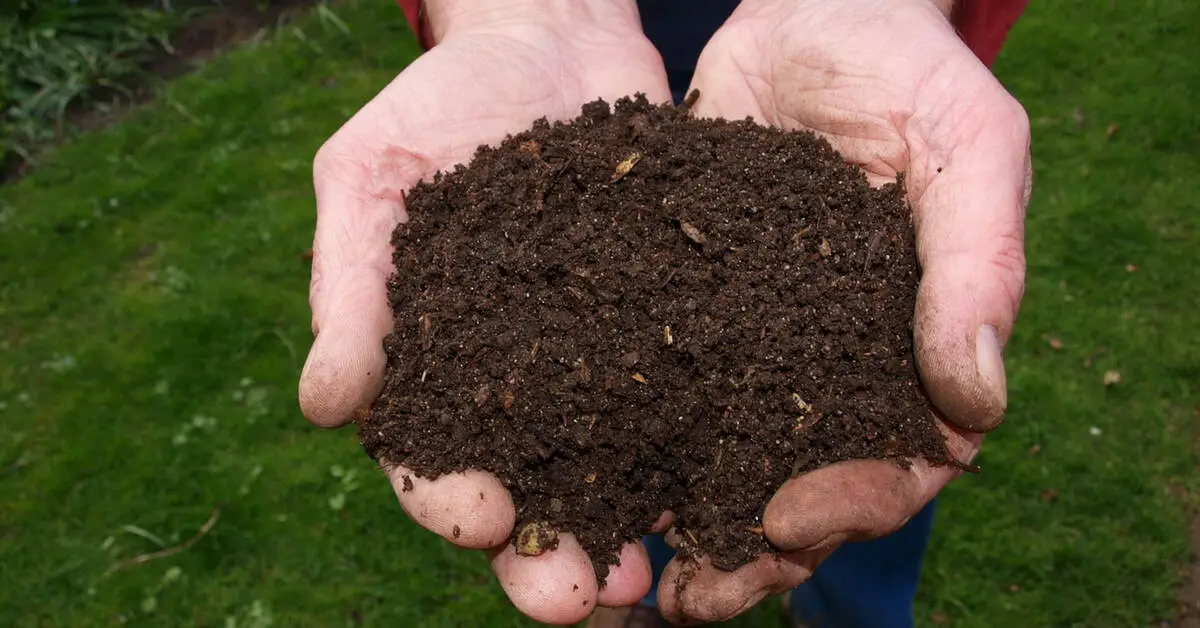When Compost is Ready to Use?

Knowing when compost is ready to use is a bit like knowing when a cake is baked. There are some telltale signs to look for.
"Proper composting requires the right balance of materials and conditions," explains Dr. Sarah Chen, a composting expert. "When done correctly, beneficial microorganisms break down organic matter into rich, usable compost that's great for your garden."
Key Signs of When Compost is Ready to Use
Your compost is likely ready when it shows these characteristics:
1. Dark and Crumbly
Finished compost resembles rich, dark brown soil. It should be loose and crumbly in texture.

2. Earthy Smell
It should have a pleasant, earthy aroma, like the forest floor. No foul odors!

3. Reduced Volume
The volume of your compost pile should have significantly reduced, about half its original size.

4. Cool Temperature
The compost pile should no longer feel warm, indicating that most of the decomposition is complete.

Testing Your Compost's Readiness
Here are reliable ways to check if your compost is ready:
- Temperature Test: The pile should be close to ambient temperature
- Visual Test: Original materials should be unrecognizable
- Smell Test: Should have an earthy, soil-like odor
- Texture Test: Should be dark and crumbly
Using When Compost is Ready
- As a soil amendment
- As mulch around plants
- In potting mixes
- As a lawn top dressing
If you're still unsure, you can do a simple germination test. Plant a few seeds in a pot with your compost and observe if they sprout. If they grow well, your compost is likely ready to use!
Remember that even when your compost appears ready, it's good practice to let it cure for a few extra weeks to ensure it's fully matured. This extra time allows beneficial microorganisms to complete their work and creates an even better product for your garden.

With these guidelines, you can confidently determine when your compost is ready to use and make the most of your composting efforts!
Related Articles
Ready to transform your gardening game? Subscribe to our newsletter for expert composting tips and sustainable gardening advice.
